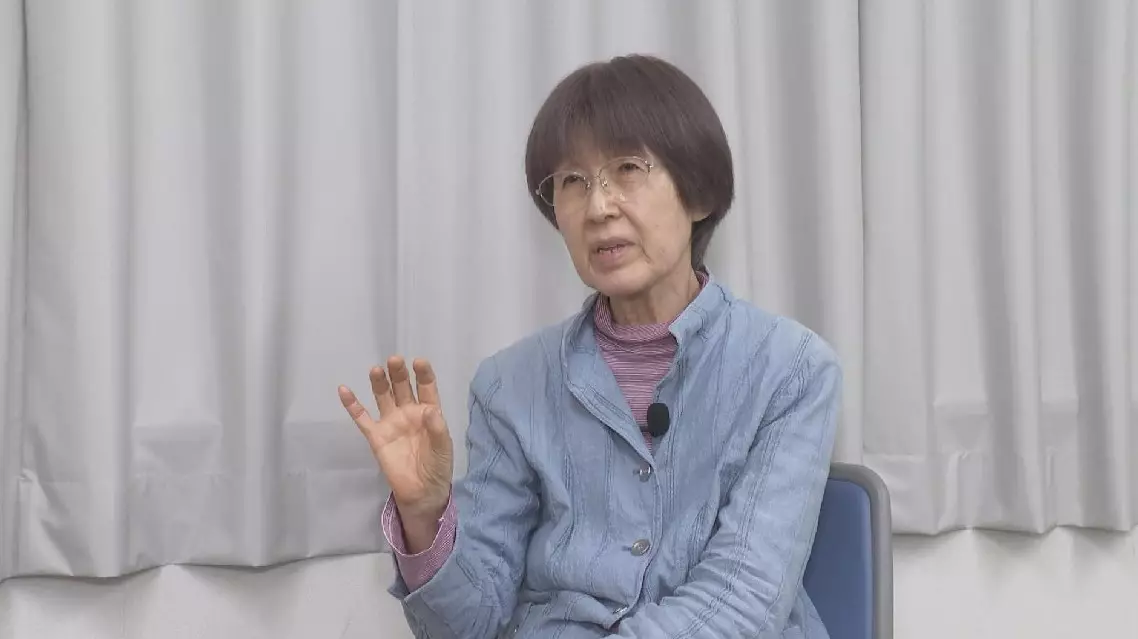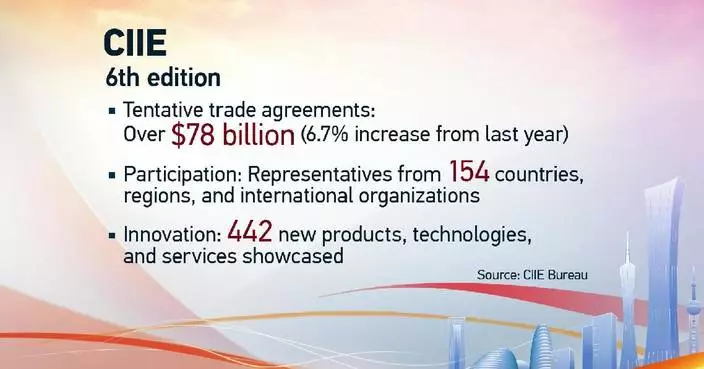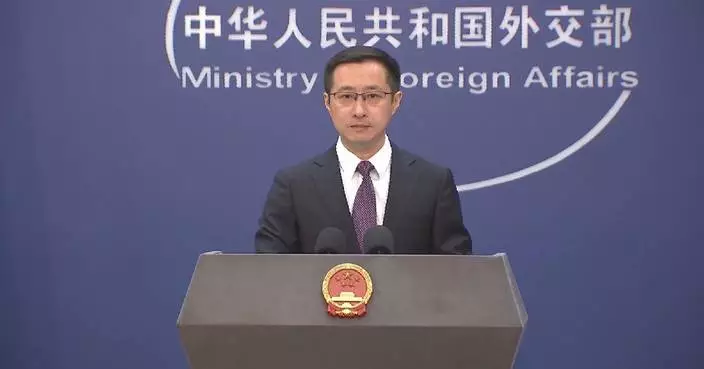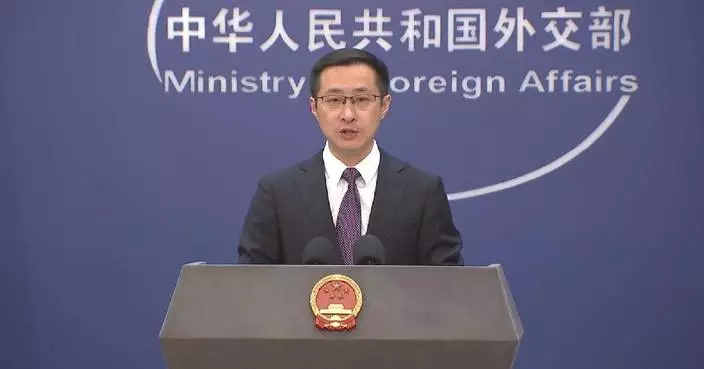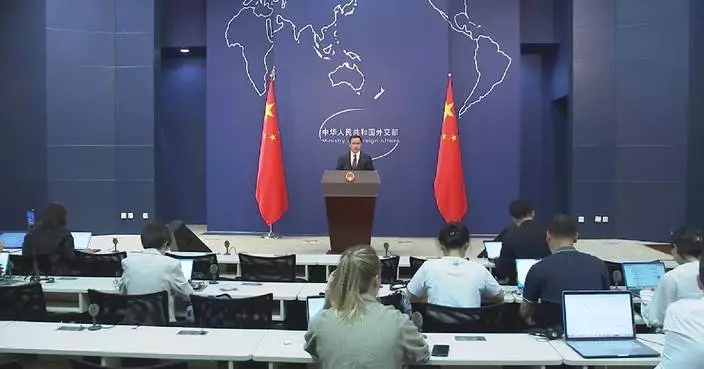The foreign ministers of China, Russia and Mongolia on Wednesday convened at a meeting on the sidelines of the Shanghai Cooperation Organization summit in Astana, Kazakhstan to talk about trilateral cooperation.
Presiding over the meeting, China's Foreign Minister Wang Yi noted that the three countries are neighbors sharing weal and woe and cooperation partners with closely linked destiny. Enjoying geographic advantages and profound tradition, the mutually beneficial cooperation among the three parties is in fundamental alignment with the interests of their peoples.
Wang, also a member of the Political Bureau of the Communist Party of China(CPC) Central Committee said in recent years, under the strategic guidance of three heads of state, the pragmatic cooperation among China, Russia and Mongolia has made steady progress. Communications and dialogues in various areas have deepened. The China-Mongolia-Russia Economic Corridor has also made solid progress.
This year marks the 75th anniversary of the establishment of diplomatic relations between China and Russia, as well as between China and Mongolia. It also commemorates the 10th year of the three countries' trilateral mechanism, said Wang.
China will, together with Russia and Mongolia, stay true to the original aspiration of cooperation, stick to the right direction, enhance solidarity and coordination, and exclude external interference, said Wang.
He added that China would like to jointly discuss an effective path of mutual benefit and win-win results, build a regional pattern of prosperity and stability and share benefits of regional development. Russian Foreign Minister Sergei Lavrov and Mongolian Foreign Minister Battsetseg Batmunkh spoke highly of the China-Russia-Mongolia trilateral foreign ministers' consultation mechanism, saying that cooperation among the three parties boasts broad prospects and huge potential.
They hoped to work with China to implement the important consensus reached by three heads of state, enhancing the alignment of Belt and Road Initiative with Eurasian Economic Union framework and Steppe Road plan, accelerating connectivity and the construction of China-Mongolia-Russia Economic Corridor. The three countries should build more landmark and key projects to take trilateral cooperation to a new level.
The three foreign ministers also exchanged ideas on international and regional issues of mutual interest, vowing to enhance multilateral coordination, oppose unilateral actions, and safeguard regional peace and stability to promote regional integration development.
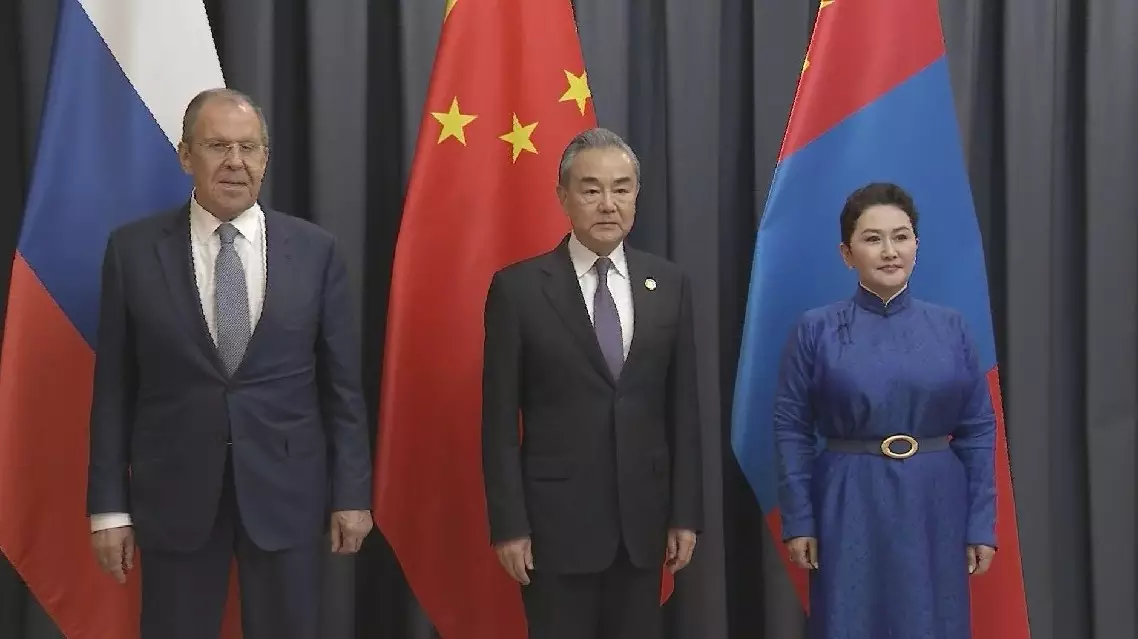
Foreign ministers of China, Russia, Mongolia convene in Astana
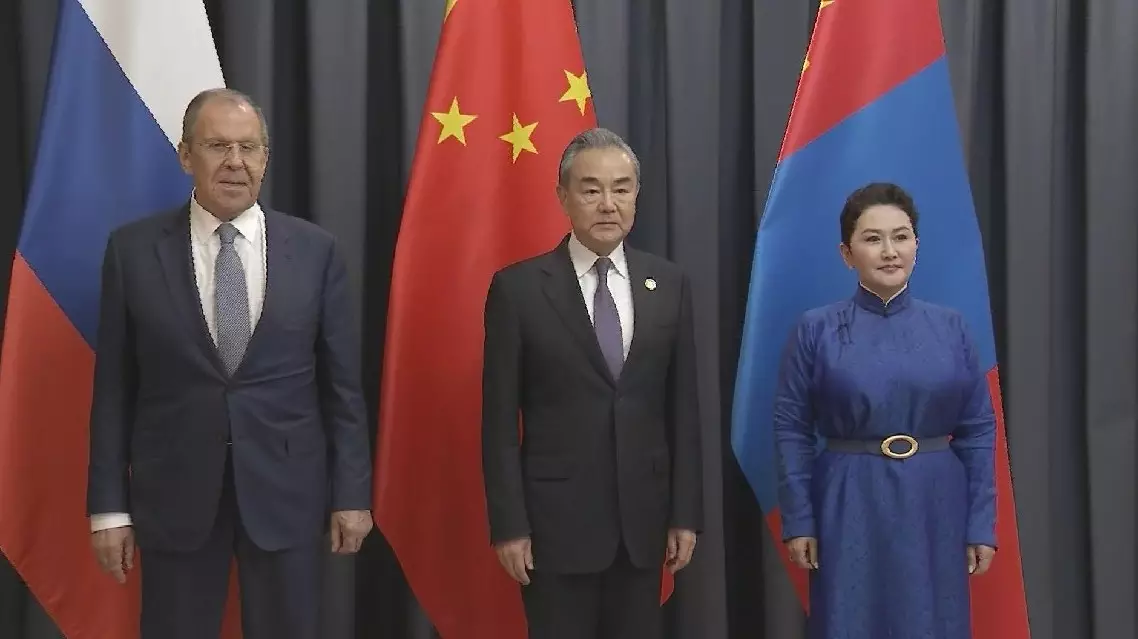
Foreign ministers of China, Russia, Mongolia convene in Astana


